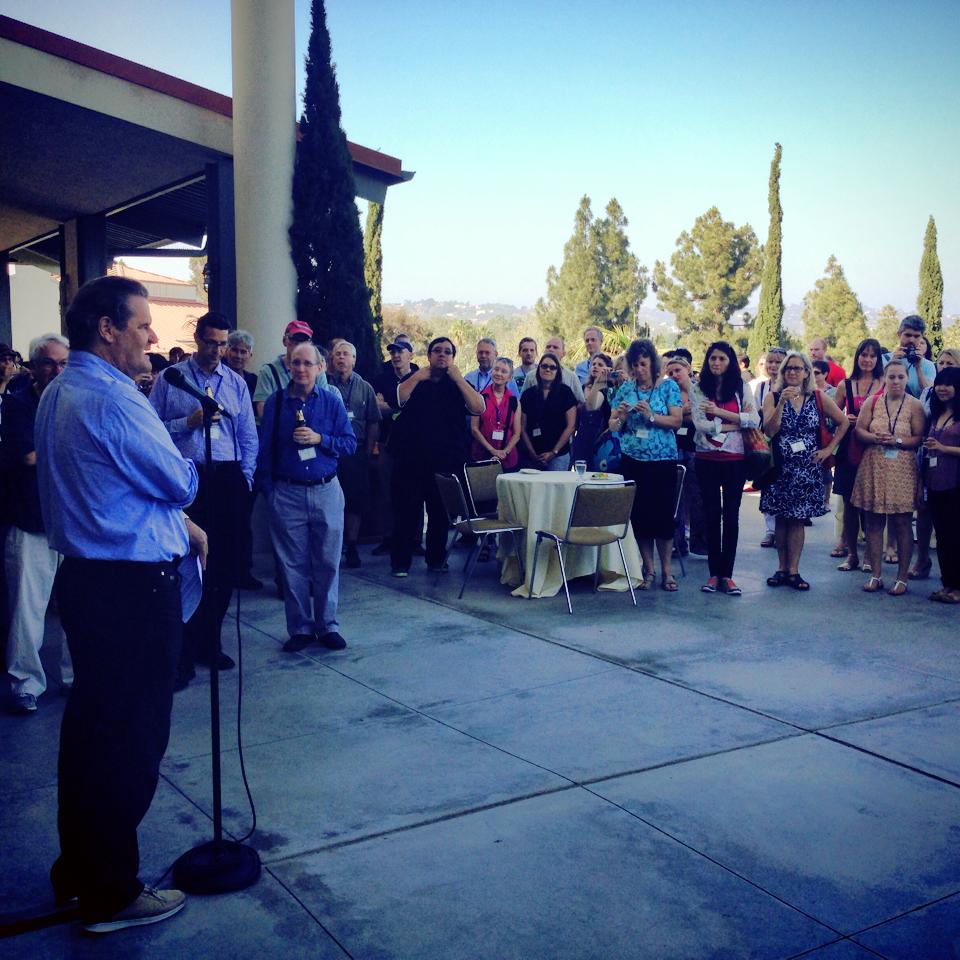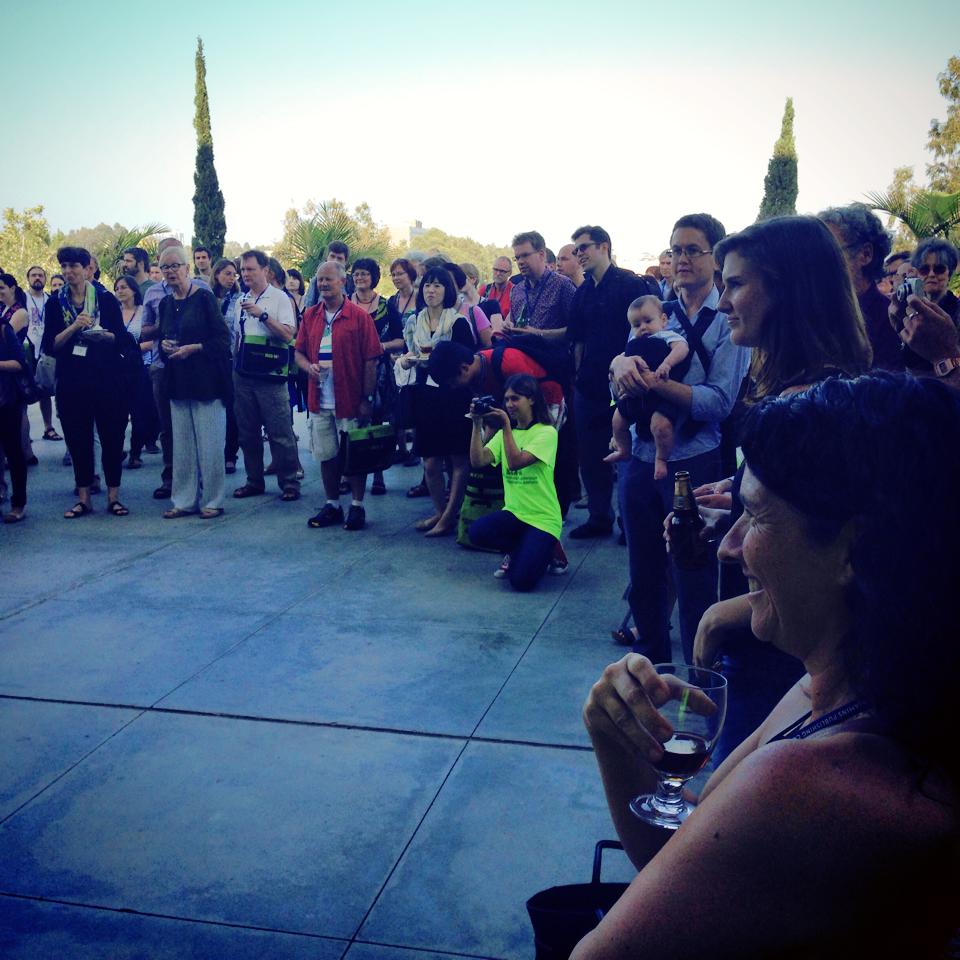The International Society for Conversation Analysis (ISCA) is an independent faculty-and-student-based professional association in higher education, designed to serve the needs of scholars of language and social interaction across a variety of disciplines and applications. Founded in 2010, the Society seeks to provide its members with resources to advance the field by circulating findings, creating better courses, strengthening research, and creating a collective voice for the development and application of professional findings.
A major aim of ISCA is to encourage and enhance interdisciplinary research into the structure and dynamics of social interaction through the creation of a multi-disciplinary community of scholars. From its beginning, the organization has been committed to the notion that broad advances in the understanding of social interaction require disciplinary, interdisciplinary and transdisciplinary approaches to research and learning.
ISCA is committed to achieving these goals by
- promoting conversation analysis as an approach to the study of social interaction on a global level
- cooperating with national and regional societies studying language and social interaction
- inviting and supporting the institutionalization of conversation analysis as a recognized academic field at universities, research and teaching institutions on all levels
- building and archiving data corpora
- creating a context in which members can network about academic and related positions and research opportunities
- organizing regular general conferences (every two to four years)
- organizing and supporting summer schools and specialized meetings on conversation analysis and the broader study of social interaction
- supporting student and faculty training in conversation analysis
ISCA Statement on environmental responsibility
ISCA recognizes the need to balance our collective carbon footprint with the need for our members to have in-person networking opportunities, live data sessions, spontaneous social meetings, and so forth. Our sensitive video data also can make the sharing of data challenging using virtual media. Our primary international meeting only occurs every four years, and we also work to hold in in varied geographical regions to encourage diverse participation. We encourage and support smaller regional meetings which provide opportunities and inspiration for our members with a smaller carbon footprint. We encourage all conference and workshop organizers to look for ways in which their events can be sustainably produced.


